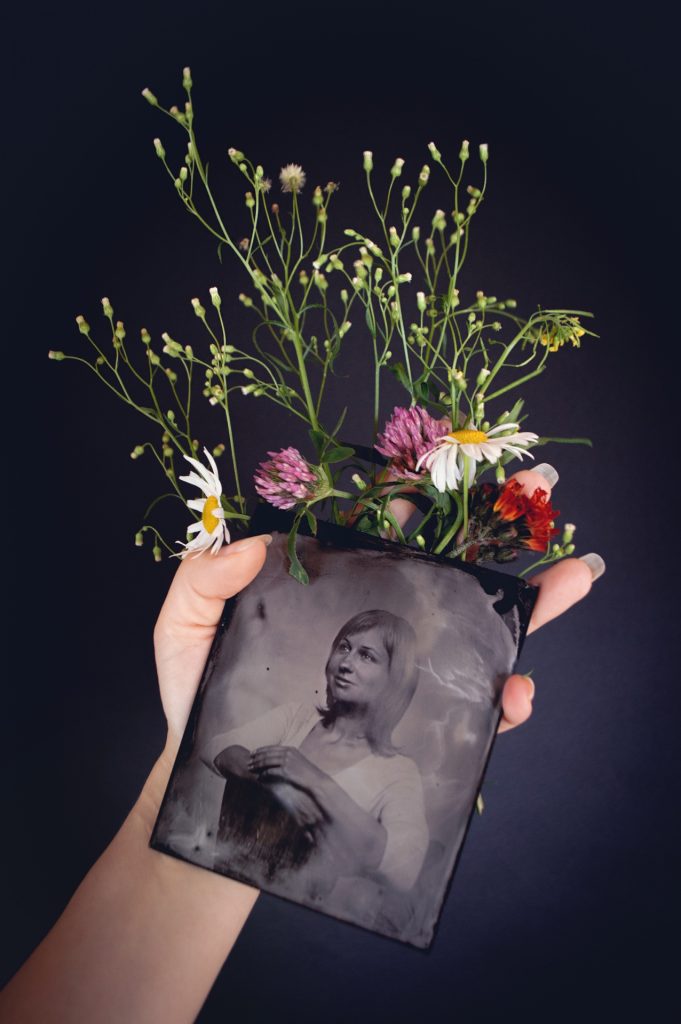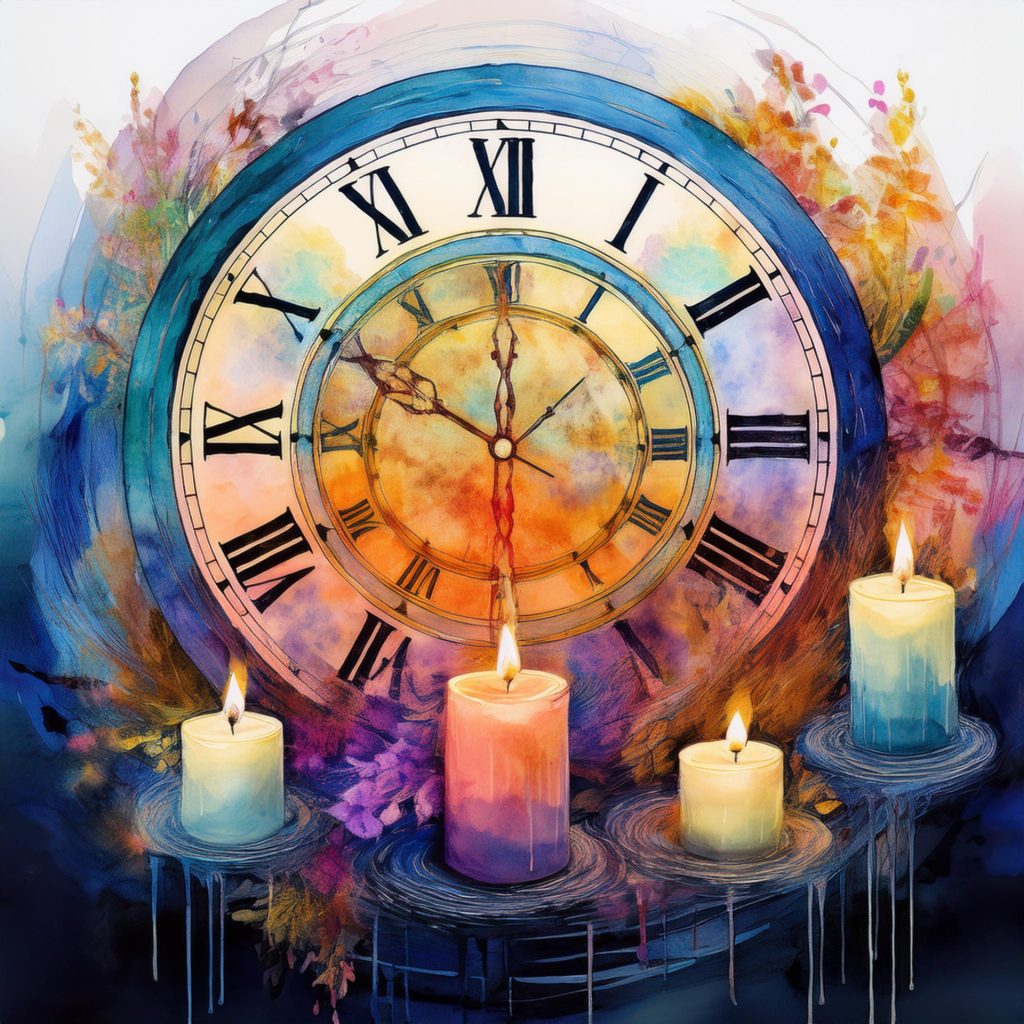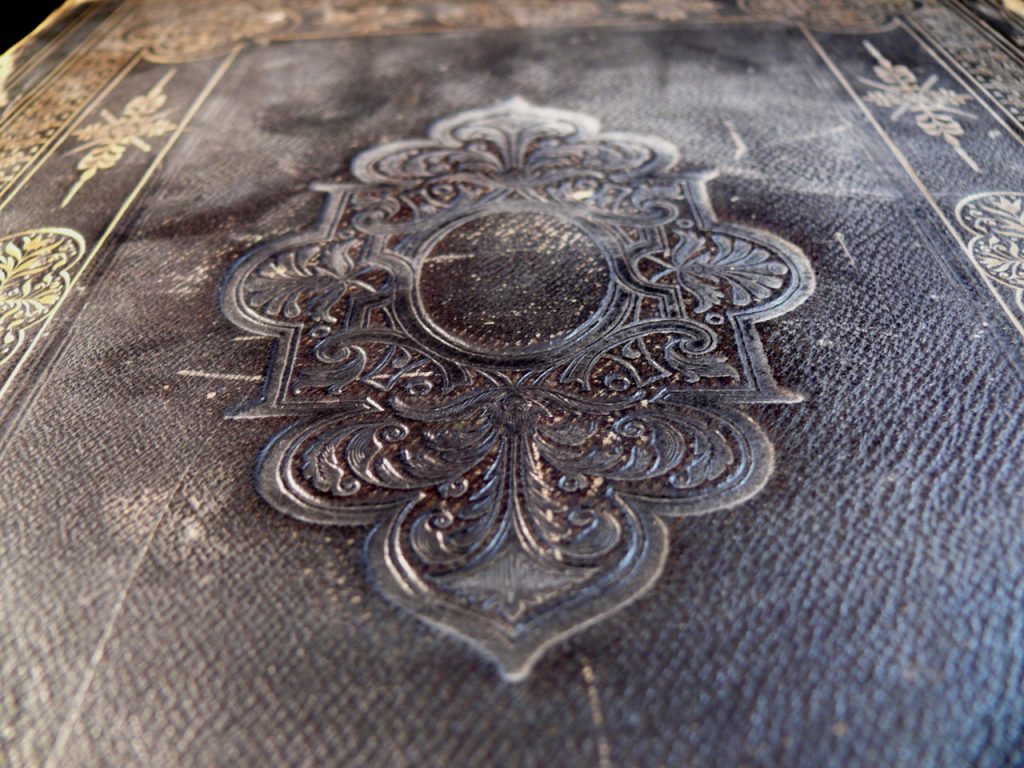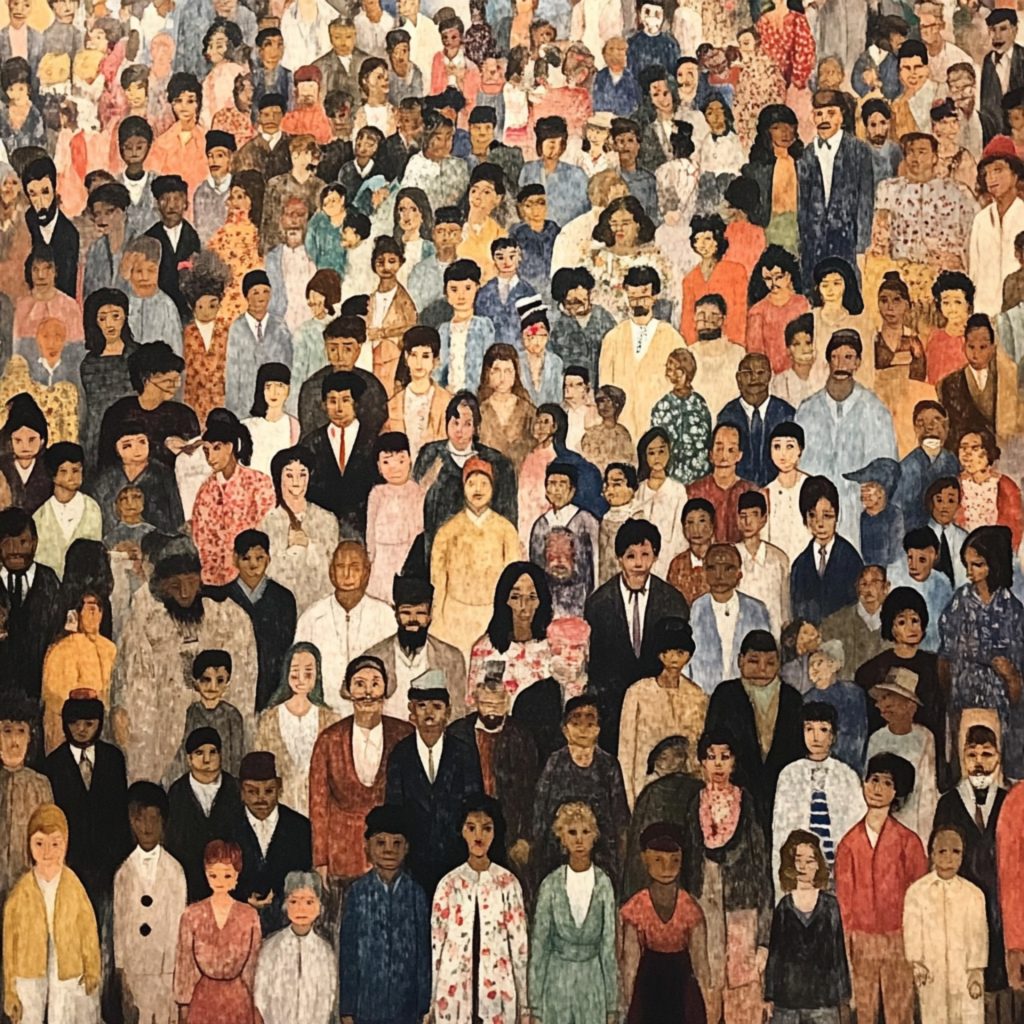Contributor Abigail George would like to share a new project of hers: a blog called Mentally Sound that features articles, updates, a magazine, poetry, and uplifting music. In this day and age, so many things can affect our mental health. Please feel free to join the blog and blog about your own experiences or loving someone who has a mood disorder or an individual who is suffering from depression. Log in, blog, do read the posts and leave comments to inspire our growing community!
Now for this issue’s theme: Layers Upon Layers.

For we are all bound in stories, and as the years pile up they turn to stone, layer upon layer, building our lives. – Steven Erikson
This month’s contributions deal with the complexities of nature, history, culture, language, or even the psyche of a single person. Everything we choose or experience builds upon itself to make us who we are, even short-lived experiences.
Yucheng Tao’s poetry collection April No Longer Comes, published by Alien Buddha Press and reviewed by Cristina Deptula, explores moments of love and beauty that are wonderful and transient, like the season of spring. Sean Lee’s poems remind us that even fleeting moments can be meaningful and beautiful. Jian Yeo’s poetry touches on the pain and beauty we can find in mortality. Mykyta Ryzhykh contributes surreal images of life, death, and the cycle of modern existence. John Grey’s poetry explores comings and goings, presences and disappearances.
Yoonji Huh presents nature, family tenderness, and humor with a color scheme that looks historical and weathered. Gwil James Thomas speaks in several tough-minded pieces to memories and dreams and our sources of inspiration. Sean Lee’s artwork evokes the power of the imagination to illuminate daily life. Alina Lee’s poetry suggests that our pasts and futures comprise layers of each moment in which we find ourselves. JK Kim’s poetry looks at summer scenes with a calm nostalgia, after events have passed. Alexis Lee’s poems probe what we choose to value and remember, what we invest in and find beautiful. Olivia Koo probes the nature of memory, how multiple moments combine to craft a mental impression and feeling. Ah-Young Dana Park’s poetry comments on our changing memories and perspectives as time passes and we age. Chloe Park’s art revels in exquisite detail, probing culture and memory with intricacy. Sally Lee provides poetic snapshots of moments in time, considering whether they have meaning or value without context.

Seoyun Park’s visuals speak to how we observe and confront life, the dangers we face and those we pose. Ethan Lee’s poems remind us of the underside of our world: the everyday grotesque and the many layers of the ordinary. Irene Kim’s work explores the strain and melancholy that can permeate ordinary moments. Austin Chung’s poetry illustrates various kinds of disorder and dispersion as Taylor Dibbert vents his annoyance at the common problem of loud museum patrons. Lauren Kim stays with a single scene from everyday life for an entire poem, probing its layers. Haeun Regina Kim’s poetry examines ordinary objects and animals in depth, sharing details and language to create an off-kilter feel.
Brian Barbeito also explores deeply, focusing in on the flora and fauna of an Aruba resort. Debabarata Sen celebrates the verdant beauty of Costa Rica. David Sapp’s poetic speakers become waylaid by the arresting color and beauty of nature. Dylan Hong’s pieces present a gentle, abstract, even whimsical peek at nature. Grace Lee’s poetry crafts dreamlike, gentle, floating scenes. Terry Trowbridge’s pieces on peach harvests evoke the challenging economics and natural realities of farming. Mahbub Alam reminds us of the innate rough wildness of nature: storms, volcanoes, huge predators.
Jacques Fleury translates Dr. Jason Allen Paissant’s poem “Treeness,” about threats humankind poses to trees and the natural world, into Haitian Creole in a collaboration with Dr. Rachel Rome to provide music and poetry for the Boston Public Garden.
Sayani Mukherjee evokes the rhythm of a public piano played for big city pedestrians in a rainstorm. Eva Petropoulou Lianou waxes poetic about the beauty of the moon. Noriniso Kasimova shares memories of spring in her hometown and her father’s love. Chinese poet Su Yun collects a group of short poems from elementary school students, mostly impressions of natural scenes. Dhani M.’s artwork stylizes natural scenes to create emotional senses of calm, curiosity, and wonder. Jinwoo Brian Park’s art suggests that we can re-incorporate the old into the new, the natural into the artificial.

Mark Young contributes a fresh set of fanciful geographies. G. Emil Reutter humorously describes noisy construction’s impact on local residents. Erin Kim’s artwork explores the upsides and downsides of civilization’s technological progress. Katie Hong’s work critiques our isolation and obsession with technology as Xushnudbek Yakubov warns of the dangers of online misinformation. Sophie Yoon’s art critiques our complex relationship with consumption and the natural world. Eugene Han’s art explores who we are and where we’re going as humans, and our relationships with nature. Shabbona Abdurashidova highlights the importance of sustainable ecology in Uzbekistan. Jahin Claire Oh’s work speculates on how the world’s other creatures might see us: mimicking and learning from them, drifting into or penetrating their environments.
J.K. Durick speaks to new, wild, and real frontiers in modern nature and technology, commenting on our efforts to understand and control them. Pulkita Anand evokes the mental and physical disorientation brought on by the colonization of one’s land.
Ahmed Miqdad calls the world to action to help suffering civilians in Gaza. Patricia Doyne also calls the world’s attention to starvation in Gaza. Stephen Jarrell Williams speaks to the numbing, mindless destruction of war.
Poet Eva Petropoulou Lianou illuminates themes of patriotism and sacrifice in Algeria’s quest for independence in Turkia Loucif’s fantasy novel The Legend of a Squirrel. Yuldasheva Xadichaxon outlines themes of resilience and patriotism in Resat Nuri Guntekin’s novel The Clinging Bird.

Abdisattorova Xurshida highlights the contrasting legacies of Genghis Khan and Amir Temur. Abdisattorova Hurshida reflects on her admiration for Uzbek martial artist Abdulbosit Abdullayev. Maftuna Rustamova and Chorsanbiyeva Gulnoza poetize in honor of the military personnel who serve and guard Uzbekistan. Zumrad Sobirova celebrates the poetic beauty and pride of her Uzbek heritage. Jumaniyozova Nazokat encourages Uzbekistan’s young people to develop a greater appreciation for their heritage by visiting points of historical interest.
Nilufar Moydinova’s essay highlights language’s inextricable interconnection with thought, life, and culture. Mauro Montacchiesi creates a dialogue of philosophical thoughts and poetry between Dr. Jernail Singh and Rabindranath Tagore. Federico Wardal speaks to his long admiration for artist Andy Warhol and director and screen writer Federico Fellini. Orolova Dinora explores layers of meaning in Antoine St. Exupery’s The Little Prince as Surayyo Nosirova celebrates the heritage of Uzbek author Alexandr Faynberg.
Reagan Shin revels in the comfort and ecstasy and happy memories she finds in books. Mushtariybegim Ozodbekova highlights the power of books and stories to transcend time, culture, age, and space. Panoyeva Jasmina O’tkirovna highlights ways language teachers can help students develop fluency through relevant speaking and grammar practice. Turg’unov Jonpo’lat explores techniques to help children of all abilities to learn foreign languages. Nafosat Jovliyeva and Dilshoda Jurayeva illustrate gamification and other creative strategies for language learning. Rahimova Dilfuza Abdinabiyevna discusses ways to improve student competence with writing and speaking. Hilola Badriddinova outlines strategies used throughout the developed world to teach foreign languages.
Linda S. Gunther contributes a craft essay on “interviewing” your characters to better understand them as a writer. Paul Tristram’s poetry explores the heroic narratives we create through our writing and our lives. Gloria Ameh evokes the visceral sensations of writing on topics close to the bone.

Abigail George writes a stream of consciousness essay on her vulnerabilities from mental illness and just plain existing as a female-bodied person and how enduring them inspired her to write. Soumen Roy also connects beauty to vulnerability, speaking to the fading Mona Lisa and the union of joy and sorrow as fellow travelers.
J.J. Campbell reflects on disillusionment, loss, and the eternal quest, against all odds, for love. Mesfakus Salahin speaks evocatively of his quest for love and freedom. Baxtiniso Salimova’s poetry tells an epic love story. Mirta Liliana Ramirez relates intense grief at the loss of her lover. Dilnoza Islomova expresses her gratitude for her mother’s tender care. Bill Tope and Doug Hawley collaborate on a love story that turns unexpectedly tender. Urazaliyeva Sarvinoz shares an emotional tale of jealousy, love, and forgiveness between two twin sisters. Sarvinoz Orifova expresses gratitude for her parents’ constant love and care. Wazed Abdullah expresses his love and gratitude for his mother. Ozodbek Narzullayev expresses his love for his mother and invites her to share her life struggles with him for support. Xurshida Abdisattorova shares the story of a mother’s complicated grief for an imperfect husband and father who passes away in a sudden accident. Shoxrukh Fayzulla o’g’li Dusmatov speaks to his mother’s love and care and how wealth alone matters little without compassion and humanity.
To’raqulova Pokiza Sanjarovna speaks to the need for human compassion, wisdom, respect, and personal development. Hamza Kamar’s poetry expresses his powerful hopes for a transcendent hero. Bhagirath Chowdhary expresses his determination to avoid the next life until he has finished roaming this world, offering blessings to others. Charles Taylor’s short story probes our ethics and the extent of the compassion we owe our friends and fellow humans.
Julia Kanno reminds residents of the USA that most Latino immigrants are hardworking people with lives and dreams. Bill Tope presents a tale of a survivor’s search for justice for a sexual assault that shattered her psyche. Abdisattorova Khurshida presents a tale of thievery exposed.

Graciela Noemi Villaverde shares a poem on the joy of community and diversity and welcoming special education students. Haeun Regina Kim’s artwork explores unity and acceptance of others, as well as harmony among rural and urban areas. Nabijonova Madinabonu outlines how sharing coffee can help us build building friendship and community. Khudoyqulova Shahzoda highlights Uzbekistan’s programs to enhance economic opportunities for low income women and families and the disabled.
Nazarova Moxiniso looks into discipline and student character development as part of Uzbek preschool education. Ulsanam Ulmasovna outlines Amir Temur’s contributions to the Uzbek education system. Islomov Inomjon describes the Geoment, a device to teach mathematical reasoning to children with low or no vision.
Bozorboyeva Iroda offers encouragement for young people to find and follow their own dreams. Khudoykulova Shahzoda points out consequences of and solutions to youth unemployment.
Abdurayimov Faxriddin suggests strategies for teaching music practice and theory for children. Colombian philosopher and author Dr. Tayron Achury interviews Dr. Alexander Klujev, professor of musicology, about the increasing role of human personality and feeling in modern classical music.
Greg Gildersleeve’s pieces speculate on how small individuals can claim agency in a large world. Akramov G’ulomnazar’s poetry asserts his courage and resilience. Ashirova Dilrabo Ermatovna urges us to stay motivated and persevere towards our goals.

Various contributors celebrate notable people who should be better known, or highlight important research work. Sobirjonova Rayhona outlines the career and accomplishments of Uzbek woman mathematician and teacher Shodmonova Hilola. Eshmurodova Sevinch highlights the need for training for employees in Uzbekistan’s banking industry in digital technology to modernize industry. Muslima Olimova highlights strategies corporations have used to adapt to stay on top in a digital world. Jo’rayev Ulug’bek outlines engineering techniques for strengthening concrete structures. Mirzaolimov Mirabbos probes the medical relationship between diabetes and cardiovascular diseases. Ostanaqulov Xojiakbar speculates on how to improve web search engine optimization to improve online communication and website findability. Orozboyeva Mohina Nuraliyevna outlines the role and history of psychology as practiced in Uzbekistan.
On a more psychological level, Duane Vorhees’ poetry covers and highlights human complexity: different aspects to our personalities, different choices we can make, how we can change with time. James Benger’s poetry explores the fear and tension underlying our individual existences, the danger from geologic pressure, storms, raw meat – and how we sometimes find hope to carry forward.
Andrew Ban shares restless, random thoughts, finding commonalities with all humanity while acknowledging the need to protect and defend himself if needed. Dongeon Kim’s work presents scenes of intense human and natural energy while Texas Fontanella revels in the pure sound of non-representational language. Dennis Daly wanders through a variety of human feelings, from nostalgia to frustration to faith. Michael Robinson shares his journey and heritage of faith, how he found a spiritual home and refuge in Christ and the church. Muhammad Sanusi Adam speaks to struggle, resilience, destiny, creation, and faith.
Gaurav Ojha seeks out meaning in a confusing and vast world, ultimately affirming everyone’s ability to find their own truths. We hope that reading this issue helps you to find a smidgen of truth for your own life.
